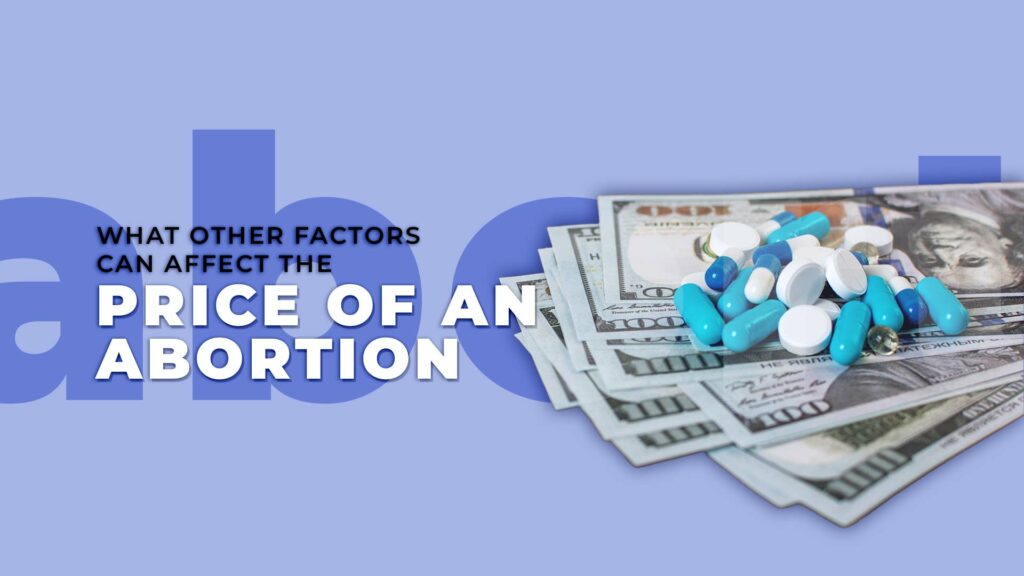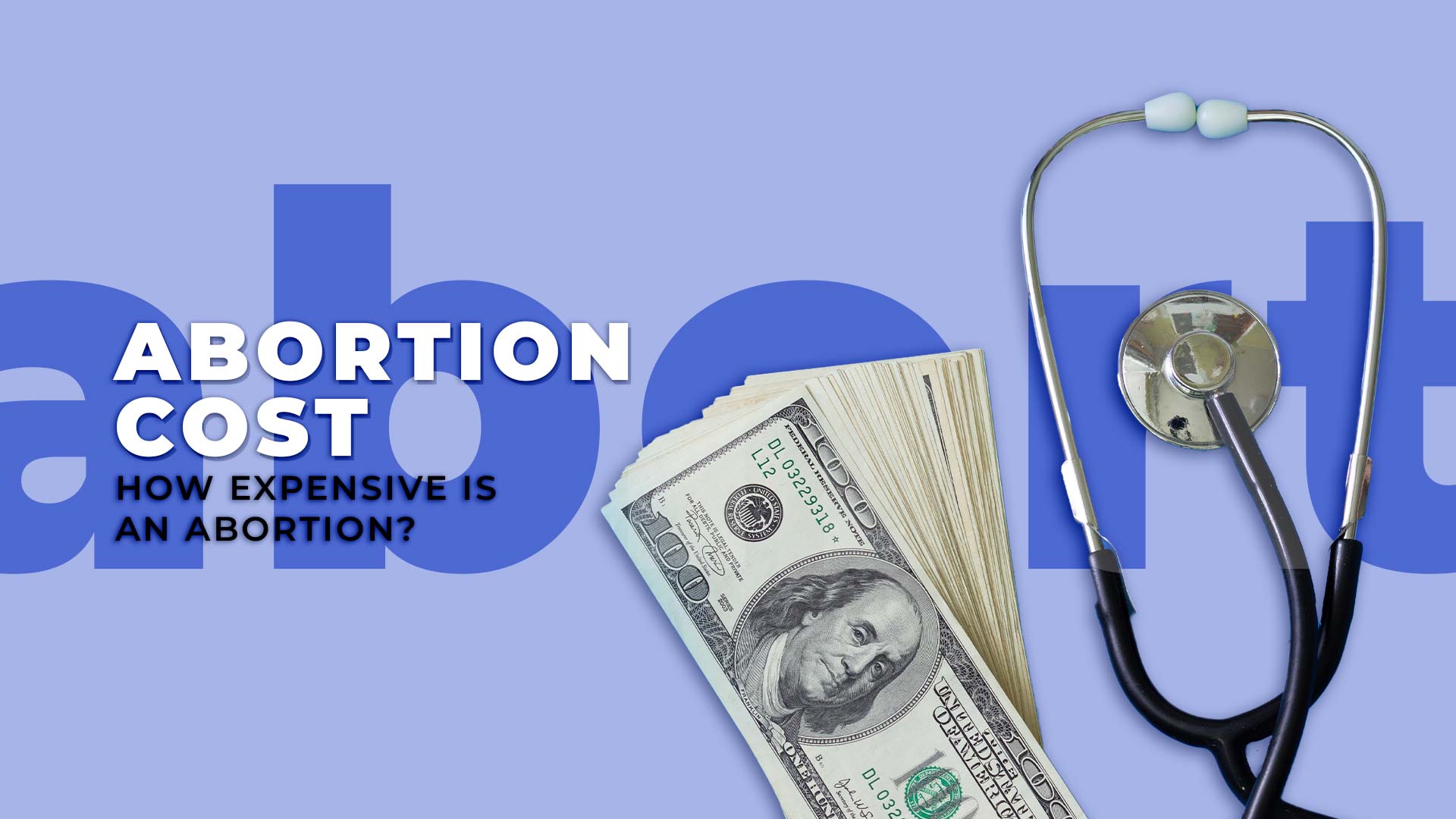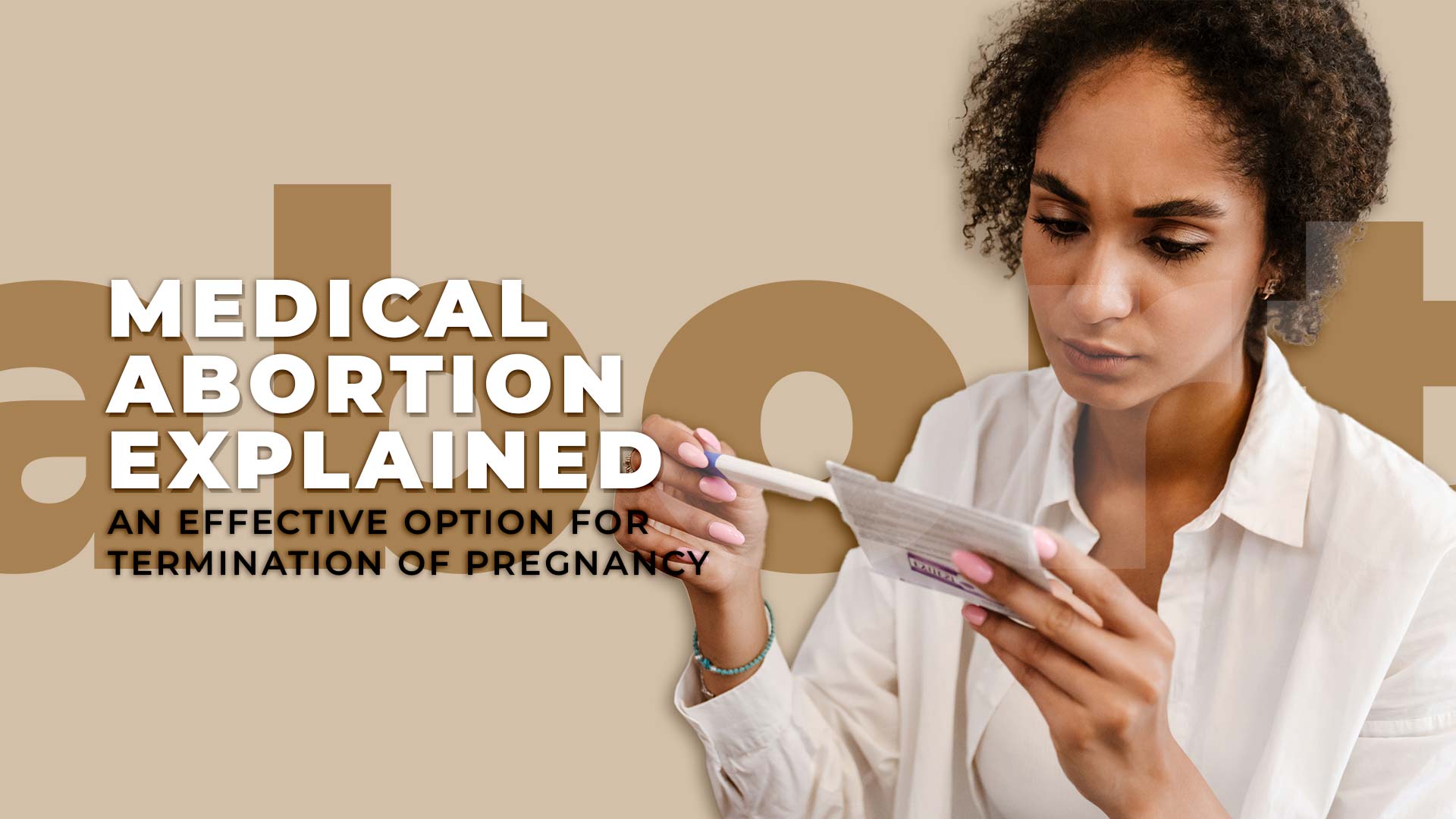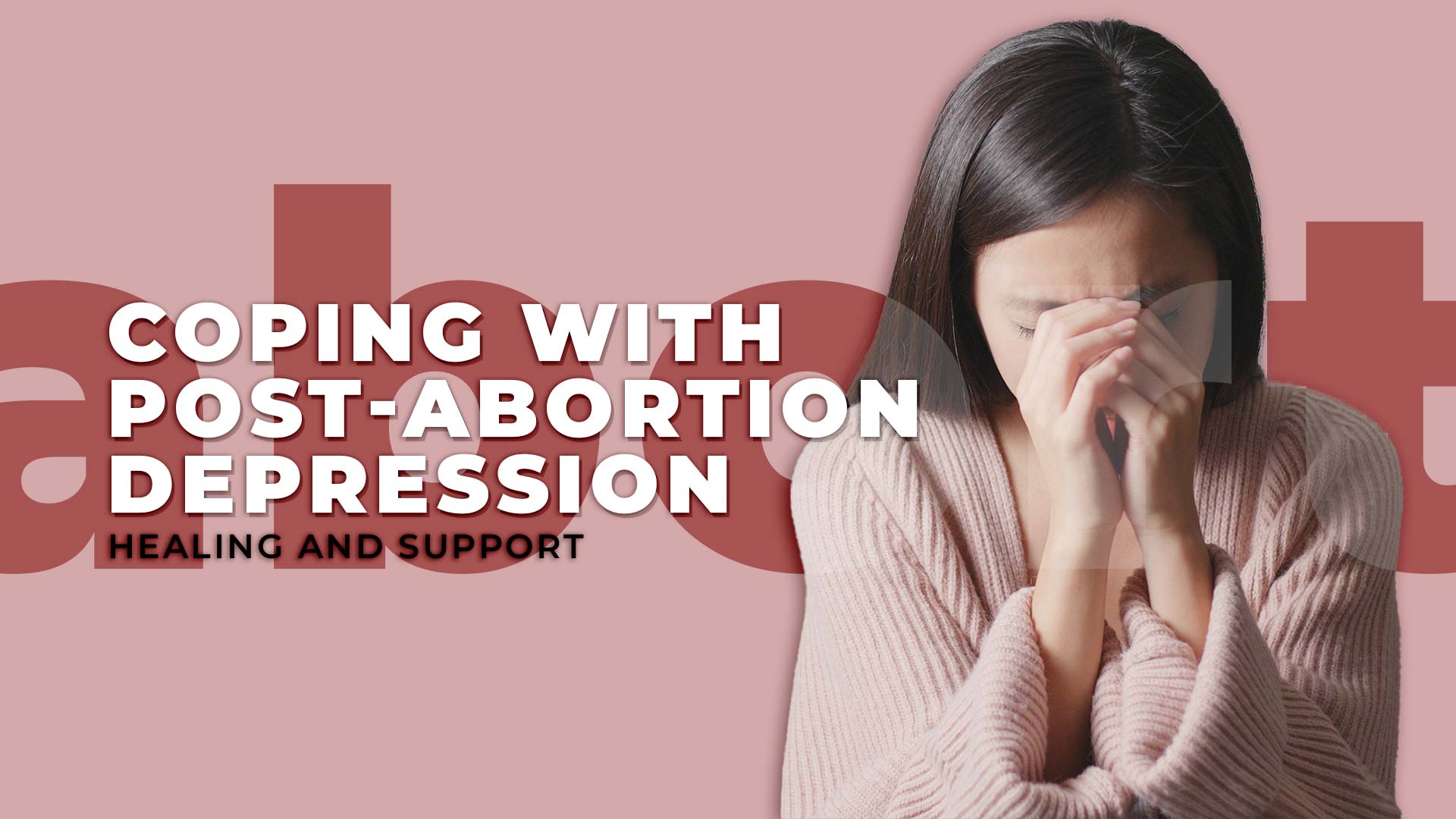Roe v. Wade has been reversed by the Supreme Court, allowing states to impose bans or heavy restrictions on abortion. However, it’s important to note that this does not constitute a nationwide ban on abortion. Despite some states having already enacted such measures, the procedure remains legal in many areas, and individuals are permitted to travel across state lines to obtain it.
Abortion laws are constantly evolving, and for up-to-date information on laws in your state and accessing abortion care, you can visit the website abortionfinder.org.
How Much Does an Abortion Cost?
The expense associated with obtaining an abortion can fluctuate based on a number of factors, including
- the specific type of procedure required,
- the duration of the pregnancy,
- the location of the health center or state in which you receive treatment,
- whether you possess health insurance that covers abortion costs, and
- whether alternative financial assistance is available to defray the expenses.
Medication abortion, also known as abortion pills, may cost up to approximately $500-$800, but this figure can often be lower. The typical price for medication abortion at WushyMommy is approximately $350. Online purchase of abortion pills is not legally available in some states.
The average cost of a first-trimester abortion in the US is $508, ranging from $75 to $2500, according to the Guttmacher Institute. The cost of second-trimester abortion is typically higher, with a median cost of $1,195, and late-term abortions can cost $3,000 or more. The cost of an abortion depends on the type of procedure and the gestational age of the fetus, with costs increasing as the pregnancy progresses. Providers also vary in cost, with clinics and private practice abortionists typically offering lower prices than hospitals.
The cost of a suction aspiration or vacuum abortion for 6-12 weeks gestation ranges from $600 to $1000, while a dilation and curettage for 13-16 weeks gestation can cost between $850 and $1600. Dilation and evacuation for 17-21 weeks gestation can cost between $1500 and $2100.
Does Health Insurance Cover Abortion Costs?
Generally, insurance covers abortion services; however, the extent of coverage and associated costs vary depending on the specific insurance plan, including:
- Private insurance and policies from the Affordable Care Act marketplace: While abortion services are not considered essential health benefits under the Affordable Care Act, insurance companies can choose to offer coverage for abortion care.
- Medicaid: There are limits to the use of federal funds for abortion, but some states may provide coverage for abortions for Medicaid recipients using their own funds.
- Medicare: Coverage is limited to instances of rape or incest, or when a medical professional deems the pregnancy as life-threatening to the mother.
What Portion of the Cost Will Insurance Cover?

This varies depending on the specifics. While federal law prohibits the use of taxpayer money for abortions, some states’ public insurance plans may provide complete or partial coverage for abortion expenses, and certain states require that private insurance plans cover all abortion costs as well.
How Much Does an Abortion Cost Without Insurance?
The cost of abortion care is dependent on the pregnancy stage and the method of termination. Typically, there are two categories of abortion care: medication abortion and surgical abortion.
A medication abortion, also referred to as MTP kits, usually requires two prescription drugs and can cost between $350 and $750 on average. In some cases, telehealth providers can offer access to these pills.
The price of a surgical abortion varies based on the procedure, pregnancy stage, and required medications. On average, the cost of a surgical abortion in 2022 ranged from $578 to $2,008, with a follow-up exam included. The varying costs reflect the length of pregnancy from a few weeks to several months. Additional expenses like sedation and medication may total up to $360. The cost of a medication abortion at this clinic is $578.
According to a 2022 study analyzing historical abortion expenses from 2017 to 2020, the average cost for medication abortion was $560 in 2022, while the average price for a first-trimester surgical abortion was $575 and for a second-trimester surgical abortion was $895.4.
What is the Estimated Cost of Traveling to a State like New York?
The amount varies depending on the origin, but a rough estimate falls between $1500 and $3000. With lost work time and travel expenses, the total cost can add up quickly. Accommodation expenses also need to be considered. Although a surgical abortion is typically an outpatient procedure, it is unlikely that you will be able to travel on the same day.
What Other Factors Can Affect the Price of an Abortion?

The price of an abortion can be influenced by nonmedical factors such as lodging, transportation, time off work, and childcare. These expenses can be significant, particularly if you don’t have an abortion provider nearby.
As pregnancy progresses, the cost of an abortion usually goes up. This can make it more challenging for those who need to gather funds or resources for abortion care. The Guttmacher Institute reports that terminating a pregnancy at 20 weeks can cost more than double the cost of an abortion at 10 weeks.
Organizations and Funds that Help Reduce Abortion Cost
There are numerous organizations and funds that provide financial assistance for abortion services, including pills, procedures, and logistical expenses. The National Network of Abortion Funds maintains a state-by-state list of funds, and national funds such as the National Abortion Federation Hotline, Women’s Reproductive Rights Assistance Project, and Indigenous Women Rising also provide support.
The Bottom Line

Abortion costs can vary significantly, depending on the type of procedure, stage of pregnancy, and additional expenses like travel, lodging, and child care. Typically, as the pregnancy progresses, the cost of the procedure increases. However, there are various national, state, and local organizations that offer financial assistance to people who need help covering the cost of abortion pills, procedures, and associated expenses, especially for those who cannot afford it.
References
- Jones, R., Ingerick, M., Jerman, J. (2018). Differences in Abortion Service Delivery in Hostile, Middle-ground, and Supportive States in 2014. Women’s Health Iss; 28(3): 212–218.
- Planned Parenthood Federation of America Inc. How do I get the abortion pill? Retrieved June 2019 from PlannedParenthood.org.
- CompassCare Pregnancy Services. “Can I Buy the Abortion Pill Online?” Retrieved from CompassCare.info on 06/04/19.
- Ushma D. Upadhyay, et al, “Trends In Self-Pay CHarges And Insurance Acceptance For Abortion In The United States, 2017-20”, Health Affairs: Vol. 41, No. 4, Published April 2022. https:wwdoi.org/10.1377/hlthaff.2021.01528
- Consolidated Appropriations Act of 2022, Public Law No: 117-103, 117th Cong, 2022.The State of New York, “Women’s Healthcare Protections”, https://www.dfs.ny.gov/consumers/womens_healthcare





